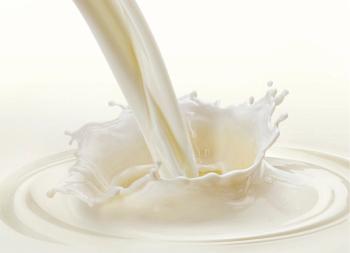
|Slideshows|July 29, 2019
Hydration beverages are becoming more popular, but what are they, exactly?
Author(s)Mike Straus
As the beverage industry expands, the word hydration is appearing more and more as a component of positioning statements and product benefits.
Advertisement
Newsletter
From ingredient science to consumer trends, get the intel you need to stay competitive in the nutrition space—subscribe now to Nutritional Outlook.
Advertisement
Advertisement
Advertisement
Trending on Nutritional Outlook - Supplement, Food & Beverage Manufacturing Trends
1
How GC Rieber VivoMega is adapting fish and algal omega-3 production to a changing market
2
The role of B6, B12, and folate in one-carbon metabolism and SAMe synthesis
3
Gluten labeling under review: GFCO on FDA’s Request for Information
4
Supporting thyroid health with iron
5


